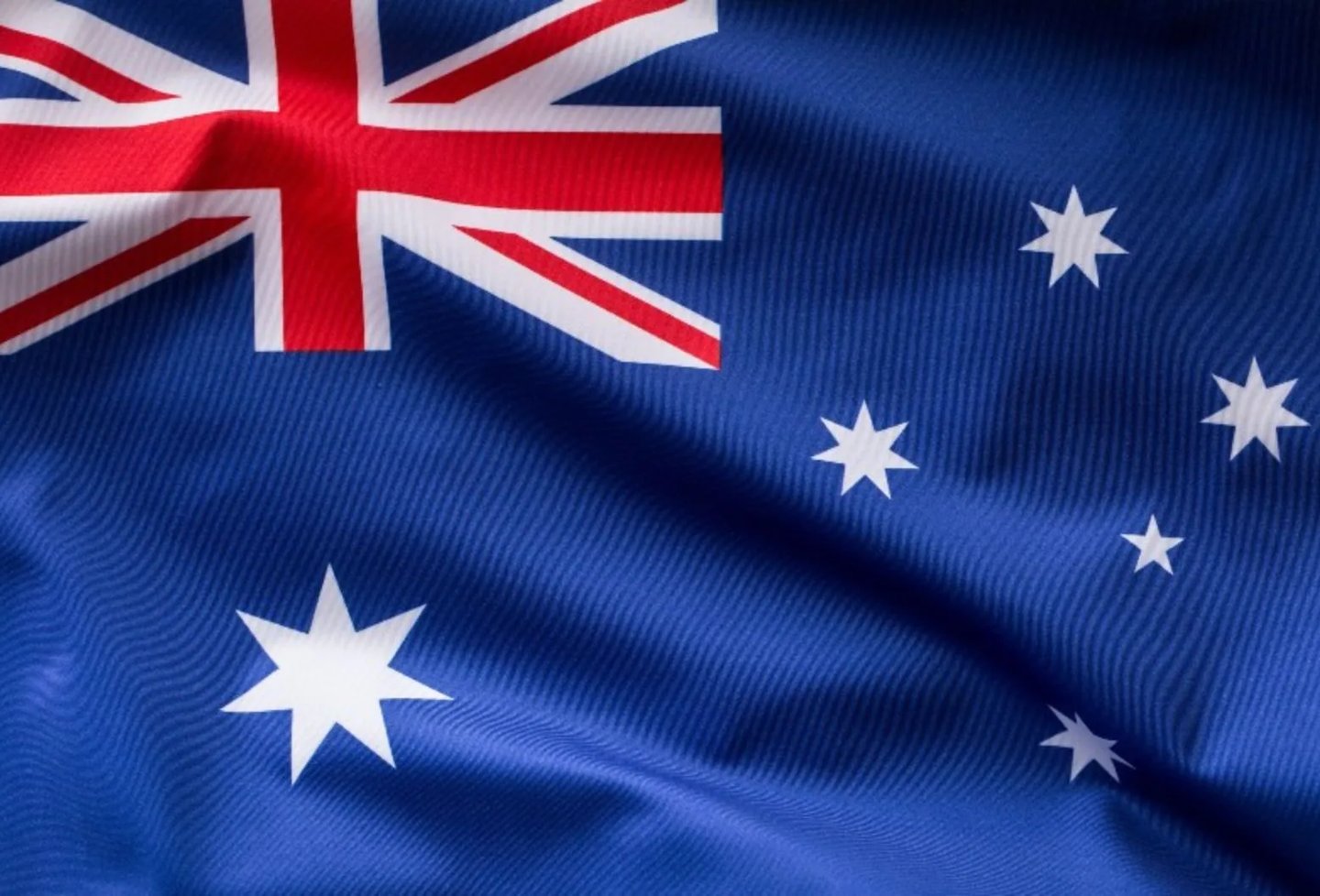

Australia
Australia
A short Read!
Australia, a continent of stunning natural beauty and vibrant culture, stretches from the red sands of Uluru to the turquoise waters of the Great Barrier Reef. With a rich tapestry of indigenous traditions, colonial history, and modern cities, Australia is a treasure trove of experiences waiting to be discovered. From the iconic Sydney Opera House to the rugged Outback, Australia is home to some of the world's most unique landmarks. The continent's diverse geography encompasses the world's largest coral reef system, the Great Barrier Reef, as well as the red deserts of Central Australia and the snow-capped mountains of Tasmania. With a history spanning thousands of years, Australia has been shaped by its indigenous Aboriginal and Torres Strait Islander peoples, European colonizers, and Asian and Pacific Islander immigrants. Cities like Sydney, Melbourne, and Brisbane offer a fascinating glimpse into the continent's complex past, from ancient rock art to modern-day metropolises. Australia is also a hub of creativity and innovation, with world-renowned art, music, and cuisine. The continent's laid-back spirit and warm hospitality make it an ideal destination for travelers and adventurers. With its diverse geography, Australia offers endless opportunities for adventure, from snorkeling in the Great Barrier Reef to hiking in the Blue Mountains. The continent's unique wildlife, including kangaroos, koalas, and wombats, is a nature lover's paradise. Australia is a continent that seamlessly blends tradition and modernity, offering countless experiences for visitors and locals alike. Its stunning natural beauty, vibrant culture, and warm hospitality make Australia a truly unique and captivating destination.
Furthermore, Australia is often considered both a country and a continent. In the 7-continent model, Australia is considered a continent, as it is a large, continuous area of land that is separate from other continents. However, some geographers and scientists argue that Australia is not a continent, but rather a part of the larger continent of Oceania or Australasia, which includes Australia, New Zealand, and many Pacific island nations. The debate surrounding Australia's status as a continent is ongoing, and different sources may use different definitions.
However, in general, Australia is widely regarded as a continent due to its:
1. Geological uniqueness: Australia has a distinct geological history and is separated from other continents by oceans.
2. Geographical isolation: Australia is a single, continuous landmass that is separated from other landmasses.
3. Cultural and biological distinctness: Australia has a unique cultural and biological identity that is distinct from other continents. So, while there may be some debate, Australia is commonly referred to as a continent in many contexts.
